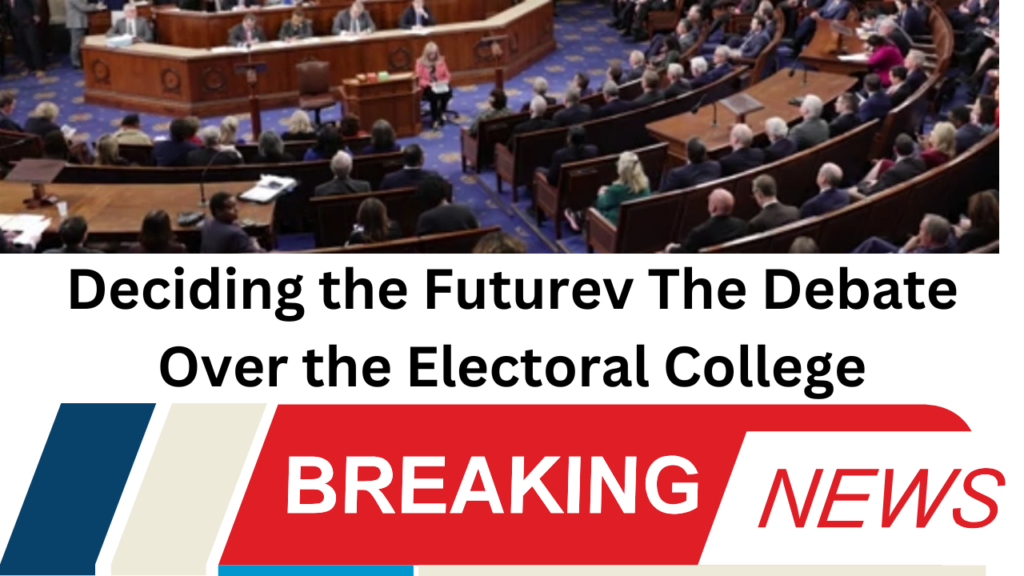In U.S. history, five presidential elections have seen candidates win the presidency without securing the popular vote. Notable examples include John Quincy Adams, Rutherford B. Hayes, Benjamin Harrison, and more recently, George W. Bush and Donald Trump. These outcomes have ignited discussions about the relevance and fairness of the Electoral College, particularly in today’s political landscape.
Recent Elections Highlighting Electoral Discrepancies
In the 2000 and 2016 elections, the Electoral College results favored Republican candidates who lost the popular vote. These instances have fueled public frustration and skepticism toward the system, leading many to question whether the Electoral College reflects the will of the American people.
Recent polling from Pew Research indicates that a significant majority 64% of Americans prefer a national popular vote to determine presidential elections. This sentiment is particularly strong among Democrats, with 87% advocating for the change, while only 46% of Republicans support moving away from the Electoral College.
Democratic Vice Presidential candidate Tim Walz recently expressed his belief that “the Electoral College needs to go,” emphasizing the need for a national popular vote. However, the Harris campaign clarified that this statement does not represent an official platform stance.
Despite ongoing discussions, attempts to abolish or reform the Electoral College have largely failed. UCF History Professor John Sacher points out that changing the system is complicated due to its constitutional foundation. Amending the Constitution requires significant political consensus, making reform a daunting task.
Moreover, some argue that the Electoral College serves a purpose. In elections like 2000, where no candidate received a majority of the popular vote, the electors played a crucial role in determining the outcome. Sacher notes that the U.S. remains unique in its use of the Electoral College, a practice that has been debated for over a century.
The Future of the Electoral College What Lies Ahead?
As the conversation surrounding the Electoral College continues, it’s clear that the system’s legitimacy is increasingly under scrutiny. With a significant portion of the population favoring a shift to a national popular vote, the debate is likely to persist. Whether the Electoral College will remain a fixture of American democracy or be replaced by a more straightforward system remains to be seen.
In a nation deeply divided on this issue, the dialogue surrounding the Electoral College highlights fundamental questions about representation, fairness, and the democratic process in the United States. The future of this electoral mechanism may very well depend on the evolving views of the American electorate.
